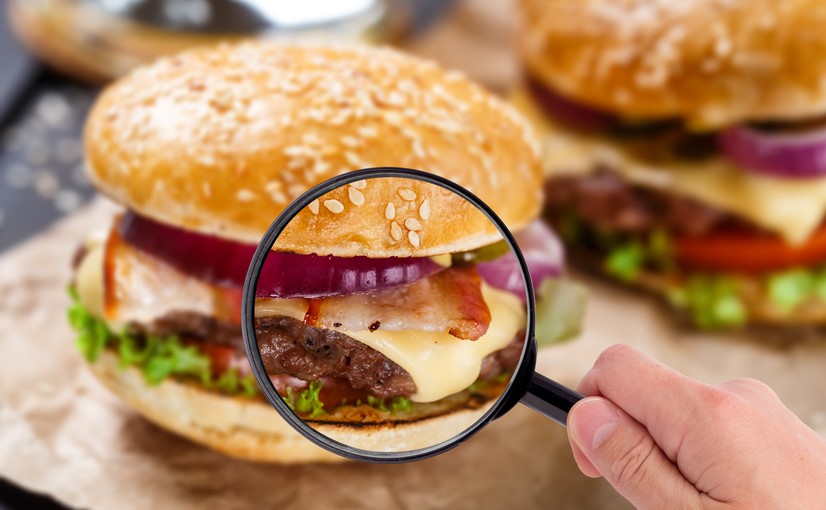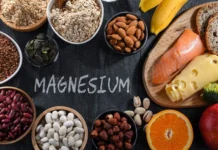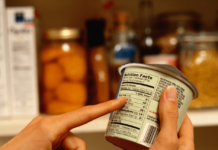Food poisoning is an acute gastroenteritis caused by the consumption of a food material or a drink which contains the pathogenic microorganism or their toxins or poisonous chemicals. Food poisoning is common in hostels, hotels, communal feedings, and festival seasons.
A group of persons will be affected with same type of symptoms, and they give a history of consumption of a common food before few hours.
Types of food poisoning
1) Bacterial food poisoning:
Here the microorganisms’ called bacteria are responsible. The food material may contain the pathogenic bacteria or their toxin and will be ingested along with the food.
2) Nonbacterial food poisoning:
Due to the presence of toxic chemicals like fertilizers, insecticides, heavy metals and ect.
Since bacterial food poisoning is common it is discussed here.
Bacterial food poisoning:
All bacteria are not harmful. There are some pathogenic bacteria which secrete toxins and cause clinical manifestations. These organisms enter the human body through food articles or drinks.
How food poisoning occurs:
1) Presence of bacteria in the water.
2) The raw materials for the food may contain toxins.
3) Premises where the food is prepared may contain microorganisms or toxins.
4) Food handlers may have some infectious diseases.
5) Some animals like dogs, rats may contaminate the food.
6) If prepared food is kept in the room temperature for a long time and heated again can make a chance for food poisoning.
7) Purposely some body mixing toxins in the food.
Some common bacterial food poisonings.
1) Salmonella food poisoning:
There are three different varieties of salmonella bacteria, (salmonella typhimurium, salmonella cholera suis, salmonella enteritidis). These bacteria are present in milk, milk products and eggs. Symptoms of this food poisoning include nausea, vomiting and diarrhea. Fever is also common.
2) Botulism:
This is the dangerous type of food poisoning caused by clostridium botulinum. The spores of these organisms are seen in the soil and enters the human body through pickles and canned fish ect. Compared to other food poisonings here vomiting and diarrhea are rare. Mainly the nervous system is affected. The symptoms start with double vision, numbness with weakness. Later there will be paralysis with cardiac and respiratory failure ending in death.
3) Staphylococcal food poisoning:
It is caused by staphyloma coccus aureus. These organisms usually cause skin troubles like boils and eruptions. It causes mastitis in cow. Through the milk and milk products it enters and causes gastroenteritis. There will be vomiting, abdominal cramps with diarrhea.
4) Clostridium food poisoning:
This is caused by clostridium perfringens. They are present in stool, soil and water. They enter the body through, meat, meat dishes and egg ect. If food articles are cooked and kept in room temperature for a long time and heated again before eating can result this food poisoning. Symptoms include vomiting, diarrhea and abdominal cramps.
5) Bacillus cereus:
The spores of these organisms can survive cooking and causes enteritis. Diarrhea and vomiting is common in this infection.
How to investigate food poisoning?
1) Examine each and every person affected.
2) Water sample should be tested.
3) Kitchen, store room and food samples should be examined.
4) The cook and food handlers should be questioned and examined.
5) Samples of vomitus and stool of all victims should be tested to identify the bacteria.
How to prevent food poisoning: –
1) Only purified water should be used.
2) Hygiene should be maintained by all persons keeping contact with food.
3) Workers should use masks, cap and gloves during cooking and serving.
4) Sick individuals should not come in contact with food materials.
5) Kitchen and premises should be neat and clean.
5) Vessels should be washed with soap and hot water.
6) Should not keep the prepared food for a long time in room temperature.
7) All food materials should be kept in closed containers.
8) Animals like dog, cat, rat etc. should not come in contact with food materials.
9) Vegetables should be washed before cooking.
10) Meat should be fresh and should be purchased from recognized slaughter house.
DISCLAIMER: The content of Pro Liberation is firmly opinionated and is not meant to be interpreted as official news. We glean facts and quotes from mainstream news websites and abridge its meaning for readers to relate. We do not indulge in misinformation, conspiracy theories, or false doctrine but choose to express our right to free speech as citizens of this country and free born under God the Creator. We represent Nu Life Alliance Inc. a non-profit organization in the battle for social and economic justice. Donate to our cause at the following link. DONATE














